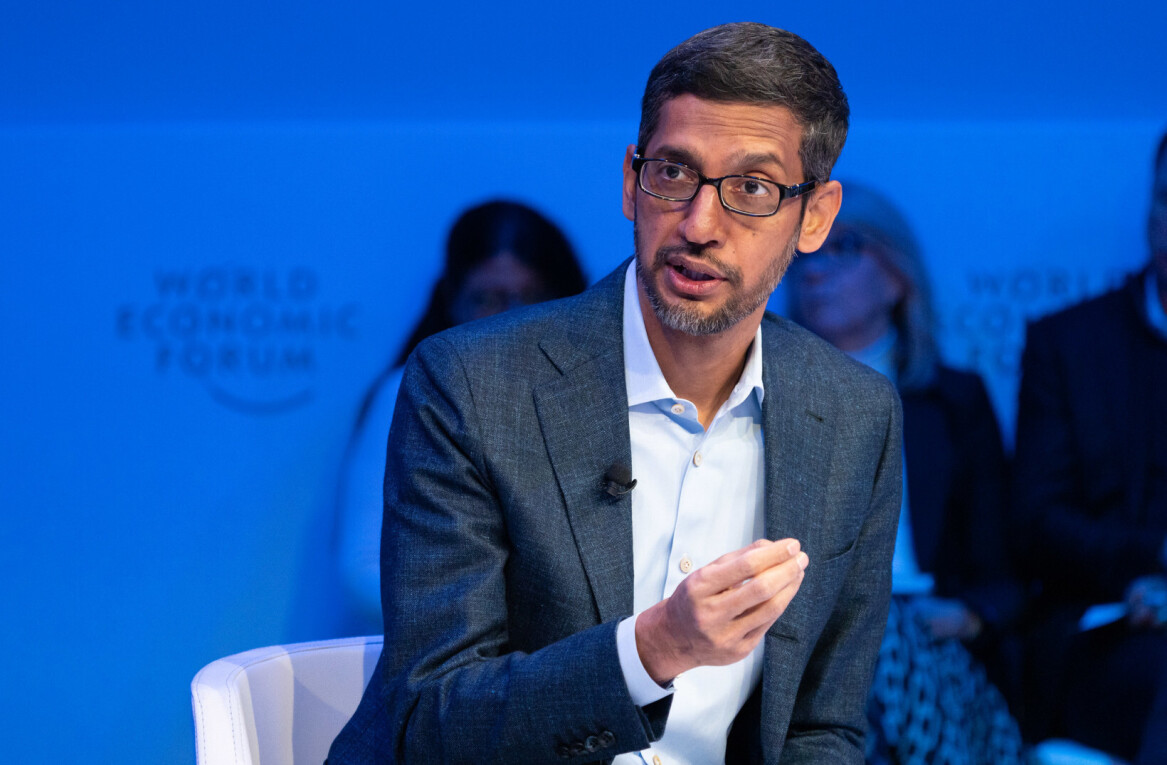
 Remember when Bing launched? After so many tries, Microsoft had finally fielded a serious challenger to Google. Maybe. The response was less than overwhelming.
Remember when Bing launched? After so many tries, Microsoft had finally fielded a serious challenger to Google. Maybe. The response was less than overwhelming.
Then they put up $100 million dollars to promote Bing, and that pushed its market share way up – to about 10% of the US market share. Sadly, by December it was back down to 9% (8.92% according to Hitwise). Google’s share went up, again.
What about the Yahoo! deal? Yahoo! has 15% + 9% for Bing, so that’s 24%, well, 30% according to the press (close enough). Then Microsoft announces that they are out to grab market share, and everyone assumes that they will! Now if I announced that I’m out to grab traffic from TechCrunch, some people would doubt it. Just because it’s a goal of mine doesn’t mean that I will achieve it.
Here’s a real life example, “Microsoft has good reason to be pleased with recent figures…(but) if the goal is to catch Google, it will never happen” one blogger writes. In other words, Bing will succeed, but it also will fail. Granted, the evidence seems overwhelming when you consider the recent news about Bing becoming the default search engine for HP, the iPhone, and Facebook. Surely they can wheel and deal their way into the hearts and minds of Google’s users, right? People will switch to Bing not because it’s a better search engine, but because Bing out maneuvered Google.
That is the Great Paradox in the blogosphere that I see when I read the daily news. Bing will gain market share, rising up and up, and pose a serious threat to Google, except for me (writes the blogger). I don’t mean to sound so anti-Bing. My problem is not so much with Bing, but with the media hype that doesn’t seem to be able to differentiate between Microsoft’s goals and actual results.
I have written elsewhere that you can’t beat Google at it’s own game. You must do something different. When Bing met with me, I sketched out something different. I’ve blogged about something different throughout my last 4,000 posts, so maybe this is just sour grapes that they chose instead to go head to head with the Big G. I wish them well.
Let’s bring this home. Google had 72% US market share at the end of 2009. Bing had 9% and then came out swinging in 2010 with deal after deal. Yahoo! had 15%, Ask.com 2.5%, and the mighty alternative search engines (66 of them!) had 1.5% for 100%. When the dust settles, say half way through the year on June 30th, if Google has fallen to 65%, Bing solidifies it’s 30%, and Ask.com and the Alts share the last 5%, then I’ll reevaluate my position, although a recent 30% against a solid 65% is hardly a game over. Show me Bing at 40% and Google at 55% and I’ll be impressed.
What remains is the strategy of Ask.com to mimic Bing by having pretty themes and fun facts on their homepage, and the Greatest Question of them All – how can the top 66 alternative search engines only have 1.5% combined market share? But that’s another post.
Get the TNW newsletter
Get the most important tech news in your inbox each week.





